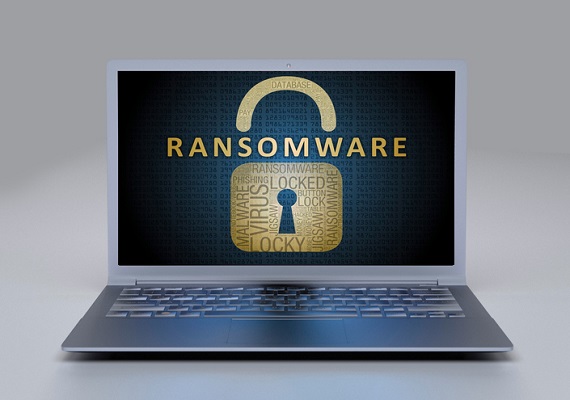The world’s biggest cyber attack hit more than 150 countries last Friday and infected at least 300000 machines since it started. The victims include hospitals, universities and government agencies in many countries.
What is ransomware?
It is a type of malware that takes control over a computer and prevents the user from accessing the data until a ransom is paid.
How the ransomware affects the computer?
Ransomware is a software which gets into the computer through any link or attachment in phishing emails. The ransomware is hidden within the mails and once the user clicks on it, the software takes over the computer and encrypts all the data in the computer.
How to defend against the ransomware?
Once the ransomware attacks your system, there are only two options for data retrieval. One is to pay a fee to unlock the data and the second one is to implement your data recovery plan to recover files from hard drive. Listed here are some of the best practices which you can adopt to protect and recover from ransomware attack.
-
Develop a recovery program that covers all your data needs
You must find out where all your crucial data is stored, identify the systems which is used to store the data, determine the data risk and create a data recovery plan for any upcoming threats. If the data are not protected and backed up, it cannot be recovered.
-
Use effective data protection technologies
You need to find out solutions that can detect and report you about any potential attacks. You should also have a plan that can indicate and prevent any malware infection, maintain a regular comprehensive backup strategy and act as a measure to monitor effectiveness.
-
Employ Backup and Data Recovery (DR) processes
Always do not rely on temporary backups like storing in external hard drive. During ransomware attack even the external hard drive data recovery becomes difficult. During the ransomware attack, your backup process data could be easily encrypted and corrupted, if it is not stored in a secure way. Cloud is considered as the best backup option as it helps in easy data recovery. If your backup providers do not guarantee you a ransomware protection that tells you about the proper way to store your data, then your data is at major risk.
-
Educate your employees about ransomware
Ransomware attacks often originate through endpoints, such as desktop computers, laptops, smart phones, tablets or fringe computing resources. Educating your employees about such attack is crucial for any business. You can train your staff on all data recovery practices to make the endpoint data well protected. Most of the ransomware attacks arise from simple human error.
-
Get the help of a data recovery expert near you
After the ransomware attack, you can get the help of a data recovery expert to recover all your lost data. You should choose a professional data recovery London company who uses the proper tools and techniques to recover hard drive data and other data from your system.
Data Retrieval Ltd is one of the best data recovery company in London, offering online data recovery services for businesses, organizations and home users who are experiencing a hard drive failure. . They are experts in HDD data recovery and SSD data recovery. They use the best data api for raid data recovery. The other services offered by them are hard disk recovery, raid recovery, data recovery from external hard drive, laptop data recovery and mobile data recovery. Data Retrieval Ltd offers affordable charges to repair hard drives, irrespective of the type of recovery required.
Assessing your current ransomware threat preparations and applying the above mentioned key steps will make sure that your organization is doing everything possible to avoid the consequences of ransomware attacks from potential to reality. The main objective of your data recovery and backup plan is to minimize the consequences and get your data back and help your business get back to normal as quick as possible.
Don’t let the ransomware win. While there is no foolproof solution, develop your backup plan, ensure your disaster recovery plan is fast and unlikely to collapse, and educate your employees to recover should such incidents occur.

